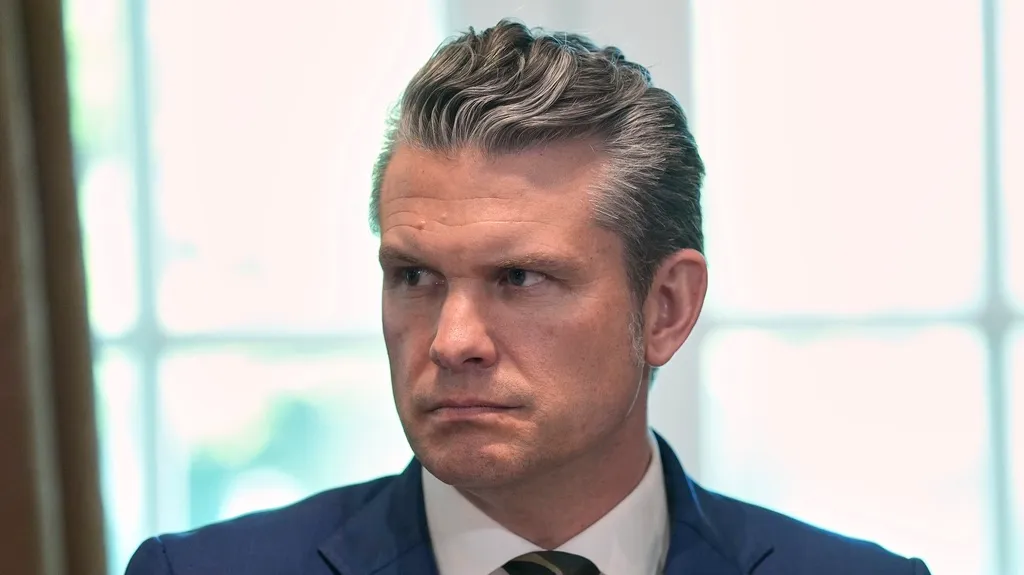February 3, 2014
Can the Games Begin? :: The Sponsors
Steve Weinstein READ TIME: 2 MIN.
Editor's note: This is the first in a four part series about the 2014 Sochi Olympics. This feature can be read in full in EDGE's iPad magazine.
In a few days, the 2014 Winter Olympics will have begun, and with them, a host of attendant controversies. Whether or not the grand design of Russian Premier Vladimir Putin will have pulled off the greatest coup of his increasingly autocratic realm, or whether they will go down in history as a disaster, remains to be seen.
One thing is certain: LGBT protesters have managed to put their own mark on the Olympics in a way never before seen at a major sporting event. The prohibitive measures against LGBT Russians looms as only one of the potential problems Putin faces. The Sochi Olympics have been marked by a host of controversies.
If the Russians thought that the international community was going to lie down and accept the anti-gay sentiment seeping from the top of his government down to street thugs, they've come in for a load of surprises.
Since the 2010 Winter Olympics in Vancouver, a "Pride House" to welcome and celebrate LBGT athletes has become a hallmark of international sporting events, including the 2012 Summer Olympics. The Russian Ministry of Justice squashed any hope of a Pride House in Sochi early on.
Back in August 2013, the International Olympic Committee tried to reassure the world that anti-LGBT legislation would not affect attendees to the Games -- assurances just as quickly contradicted by the Russian Ministry of Justice.
Sponsors Caught in the Headlights
For the major sponsors of the upcoming Olympics in Sochi, the ongoing brouhaha over LGBT and human rights abuses in Russia has turned what is usually a marketing triumph into a public relations headache.
As the British Financial Times reported back in mid-January, "Sochi is forcing marketers who pour hundreds of millions of dollars into the games to perform a careful balancing act." The "feel-good" advertising attendant on Olympic advertising is now a potential minefield, a "much-riskier bet," as per the FT.
The Olympics is still one of those increasingly rare signature events that is guaranteed to bring mass eyeballs to TV and streaming websites. NBC has booked an astounding $800 million-plus in ad sales. It should be noted that much of this money comes from multi-year partnerships, and that at least some of these advertisers, given the choice, may have opted out of Sochi.
Worldwide Olympic Partner Coca-Cola inadvertently published photos online of an LGBT protest in Brighton, England at Christmas. Although the company quickly took down the link and photos, it created a unique situation where a major sponsor managed to embarrass itself. Activists hope it won't be the last time.
Anti-LGBTQ violence activist group Queer Nation continues to dog sponsors at all fronts. When Worldwide Olympic Partner McDonald's launched a hashtag, #CheerstoSochi, the group quickly hijacked it. The campaign ended up backfiring. You can read the universal scorn heaped on McDonald's in the Twitterverse here. Borrowing from Martha Stewart, it's a beautiful thing.
Steve Weinstein has been a regular correspondent for the International Herald Tribune, the Advocate, the Village Voice and Out. He has been covering the AIDS crisis since the early '80s, when he began his career. He is the author of "The Q Guide to Fire Island" (Alyson, 2007).



